During her pregnancy, Dr Natalie Diepenhorst experienced the same symptoms as many expecting mums. Headaches, fatigue and nausea. Even when she continued to experience the symptoms after baby Zoe was born, she wasn’t too concerned. Everyone reassured her it was part of being a new mum.
Natalie, the Lab Head at Monash Institute of Pharmaceutical Sciences with over 15 years’ experience working in medical research, was told everything she was feeling was ‘simply a part of motherhood’.
“It wasn’t until a visit to my dentist – eight months after Zoe’s birth – that someone finally saw a red flag,” Natalie told Mouths of Mums.
“He noticed how unusually pale my gums were and gently suggested I might be anaemic. He urged me to see my GP. A blood test confirmed it: I was severely anaemic. I was quickly booked in for an iron infusion, and while my levels initially improved, follow-up tests three months later showed the iron wasn’t holding.”
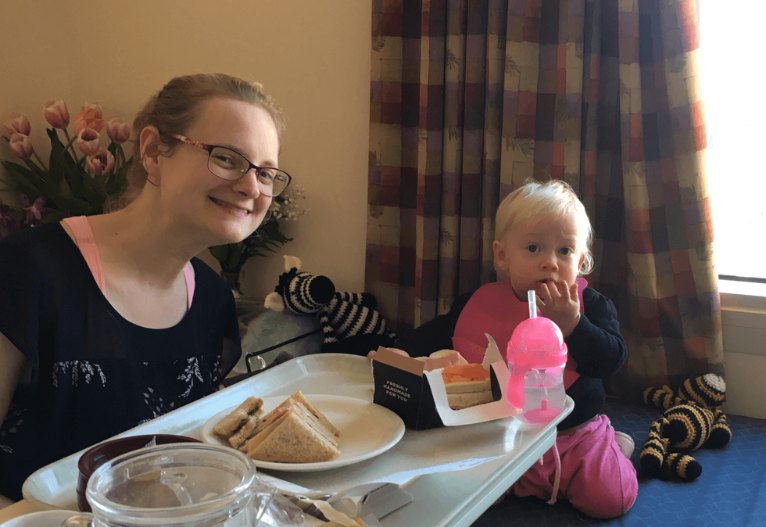
A second infusion was booked in as Natalie was gearing up to head back to work, a year after having Zoe. She was still utterly exhausted, juggling working part-time, caring for her daughter and dealing with day-to-day life through a fog of fatigue.
“When another round of blood tests three months later, showed the same pattern, my GP decided to investigate further.
“She suggested we check for internal bleeding – maybe an ulcer, possibly IBS. “Have you noticed any blood in your stool? Any changes in your bowel habits?” she asked. I hadn’t. Everything seemed normal. “Still, let’s do a colonoscopy to be sure,” she said. She gave me a referral to my local gastroenterologist, who scheduled the procedure for a few months later.”
Natalie’s shock diagnosis
The colonoscopy revealed a shock discovery. A 5cm tumour in Natalie’s right bowel.
“I was 32 years old. Everything changed in that moment. That same day, while still in hospital, I underwent a CT scan and received another iron infusion. I’ll never forget the look on my gastroenterologist’s face – he was clearly shocked by what he had found. He didn’t hesitate. “We need to take this seriously and act fast,” he said, and immediately referred me to a colorectal surgeon for the following week.
“I was overwhelmed, but also deeply grateful. Grateful that my care team took swift action. Grateful that they looked beyond the assumption that I was simply a tired new mum. They listened, they followed the signs, and because of that, I got the answers – and the care – I so desperately needed.”
Natalie says she initially felt relief after her diagnosis. She finally knew why she had been feeling so unwell for more than a year.
“For the first time in 18 months, I finally had an answer – an explanation for the relentless fatigue, the lingering symptoms, the quiet voice in my head telling me something wasn’t right. It wasn’t just in my head. And it wasn’t just because I was a tired mum.
“But that sense of clarity quickly gave way to the weight of reality. Sitting in recovery, hooked up to yet another iron infusion, I picked up the phone to call my husband. I told him they’d found the reason for my anaemia: I had bowel cancer.
“I’ll never forget the emotion in his voice – it hit me hard, anchoring the gravity of what we were facing. He rushed to the hospital while his parents stayed with Zoe, as we tried to wrap our heads around what would come next.
“We were ultimately fortunate. The cancer was caught relatively early – stage 2 – which meant surgery alone would be enough. But in those first few weeks, we had no certainty. The initial CT scan had shown some spots on my liver, and I was gently warned to prepare for stage 4. The waiting – between the diagnosis, the surgery, the pathology results, and the development of a treatment plan – was the hardest and longest stretch of uncertainty we’ve ever endured.
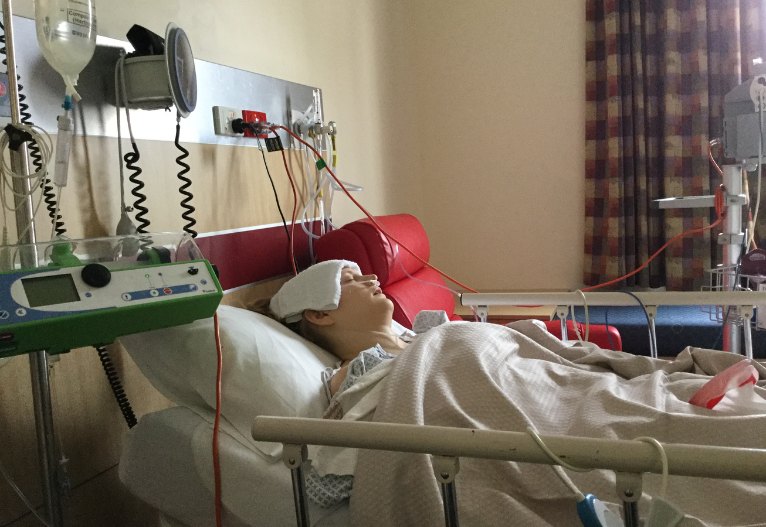
“When the final news came through: stage 2, no chemotherapy required – it felt like a miracle. A moment of profound relief in what had been a whirlwind of fear and unknowns.
“We leaned heavily on our family and friends during that time. Even so, we were determined to keep things as normal as possible for Zoe, who at just 18 months old was learning to walk, talk, and becoming her own little person. The idea that this could take me away from her felt impossibly unfair. She was, and still is, my reason for everything – my reason to fight, to stay hopeful, and to keep going. She needed her mum.”
Australia’s rising rates of young-onset bowel cancer
Since her battle with bowel cancer, Natalie has worked to educate others about the rising number of young Australians being diagnosed.
“There’s a certain stigma surrounding bowel cancer. It’s often seen as a disease that only affects older men—something that’s unlikely to appear in younger people, especially women. But the reality is very different. Australia has the highest rates of young-onset colorectal cancer in the world.
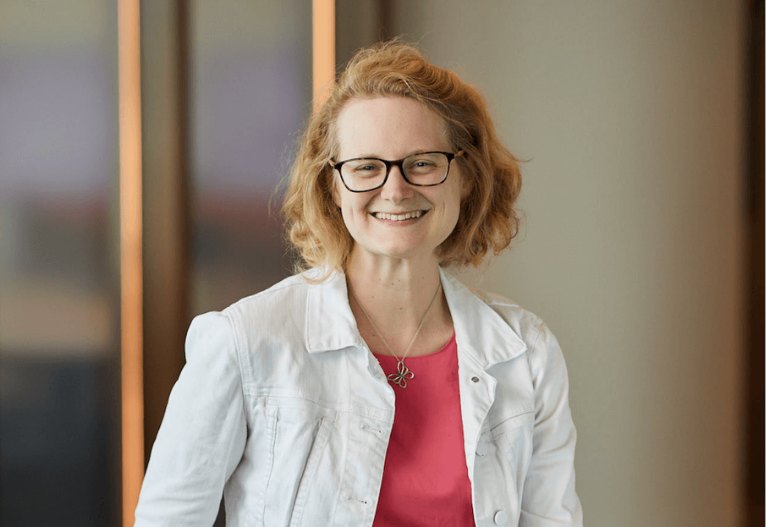
“While the National Bowel Cancer Screening Program has been highly effective in reducing cases in people over 50, there is currently no initiative for those under 45 – despite the increasing numbers. It’s a gap that urgently needs to be addressed.
“Of course, we can’t screen everyone all the time – that wouldn’t be practical. But there may be people in the community who are at higher risk, and targeted screening for those individuals could make all the difference. To do that, we need more research into the genetic, environmental, and lifestyle factors that contribute to risk—especially in younger populations. With better understanding, we can improve early detection and increase the chances of successful treatment.
“I also know firsthand that bowel cancer can often cluster in families. I’m not the only one in mine who’s faced it. My grandfather passed away from bowel cancer in 2014, and just a year after my own diagnosis, my mum was also diagnosed with stage 2 bowel cancer during the COVID-19 pandemic. Because of my age at diagnosis and our family history, I was tested for Lynch Syndrome – a hereditary condition linked to bowel cancer – but my results were negative.
“As a scientist, I had a lot of questions. That curiosity led me to connect with the Colorectal Oncogenomics Lab at the University of Melbourne’s Centre for Cancer Research, led by A/Prof Dan Buchanan. He took the time to speak with me about the current research into bowel cancer – particularly young-onset cases – and what the scientific community is working toward. Since that initial conversation, I’ve had the honour of being a lived experience advocate for the group.
“Today, the lab is focused on identifying both genetic and non-genetic causes of bowel cancer, especially in younger patients, with the goal of developing personalised approaches to risk assessment and screening. It’s work that gives me hope – not just for myself, but for my daughter, my family, and other young Australians.”
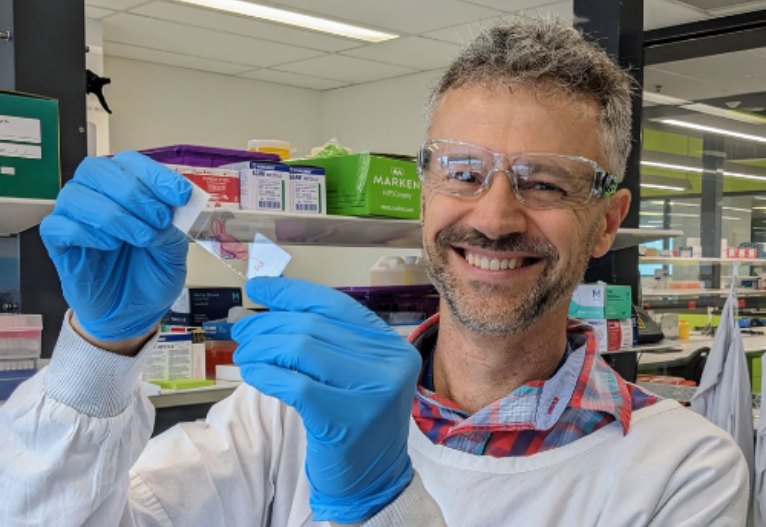
Cure Cancer-funded researcher Dr Peter Georgeson is working to co-develop a personalised screening tool that could detect bowel cancer before symptoms appear, which could be a game-changer for early-onset cancer detection.
“We don’t know why bowel cancer is rising in younger people, but if we can identify the cause, we can stop it,” Dr Peter Georgeson explained.
“Two areas with potential for short-term significant impact are DNA-based risk prediction and understanding the role of gut bacteria in cancer development.
“Advances in DNA sequencing have transformed our understanding of how bowel cancer starts. My research focuses on polyps, the precursors to most cases of bowel cancer, as early warning signs. By examining the DNA of these lesions, we aim to identify who is at highest risk of developing bowel cancer, even before symptoms appear. The goal is personalised, earlier screening.
“The gut microbiome is a possible driver of the rise in bowel cancer among young people. We’re only beginning to understand the mechanisms, but the evidence already shows that specific bacteria are involved in triggering bowel cancer. With additional research to identify the culprits, we may be able to prevent cancer before it has a chance to develop.”
For more information, head to Cure Cancer.
This article first appeared on Mouths Of Mums.



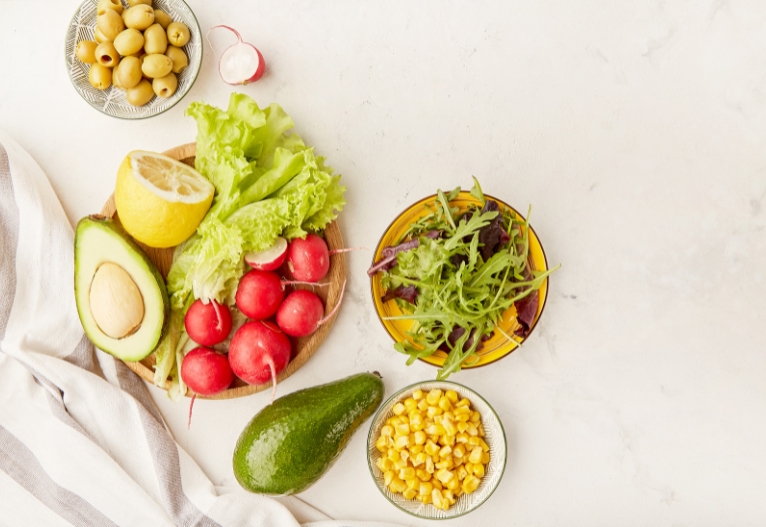
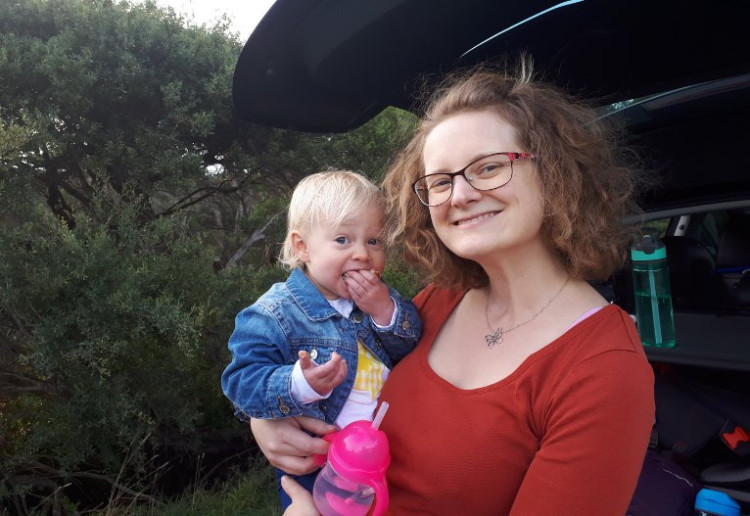
-

-
-
Kindness, NSW
- 05 Oct 2025
👍
0 Likes
-
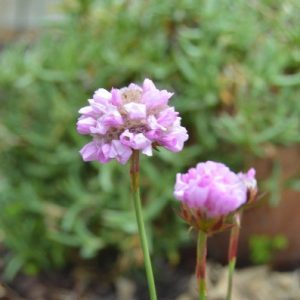
-
-
BH516706, NSW
- 04 Aug 2025
👍
0 Likes
-

-
-
BH517760, NSW
- 30 Jun 2025
👍
0 Likes
-

-
-
JH1981, WA
- 20 Jun 2025
👍
0 Likes
-

-
-
BH516504, VIC
- 19 Jun 2025
👍
0 Likes
Post a commentTo post a review/comment please join us or login so we can allocate your points.